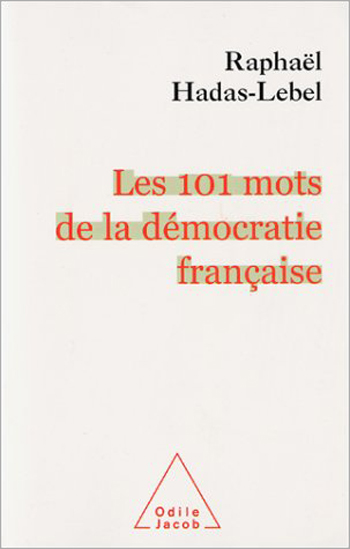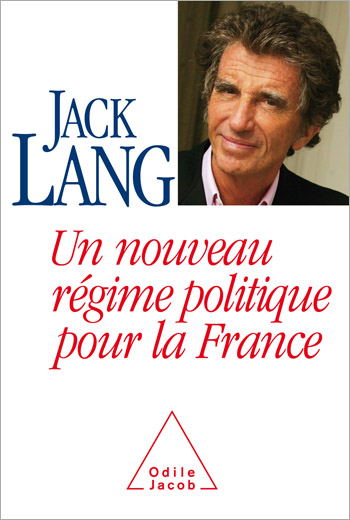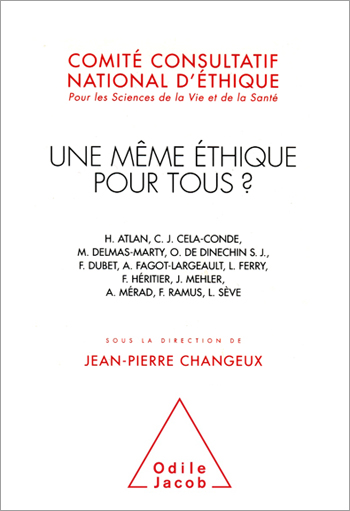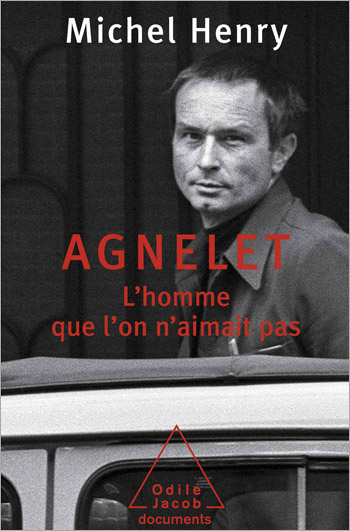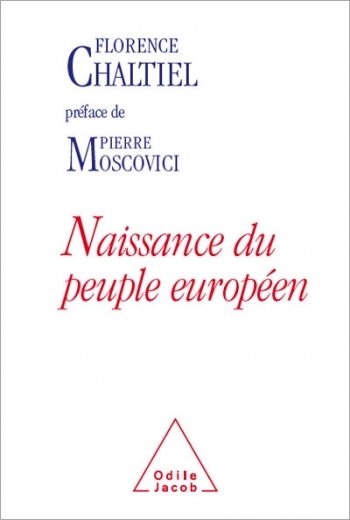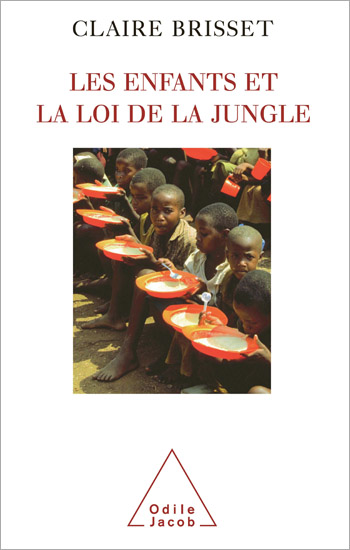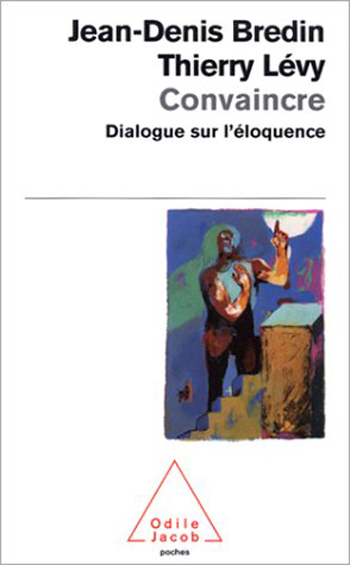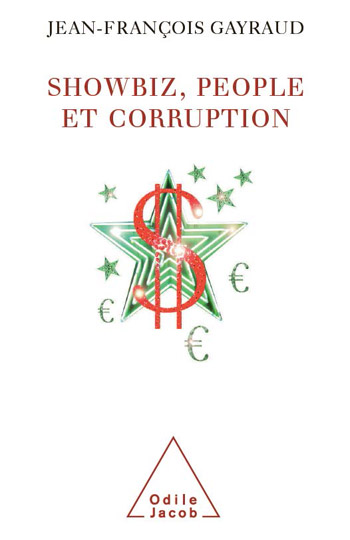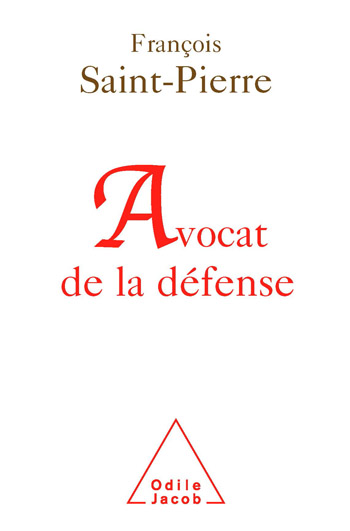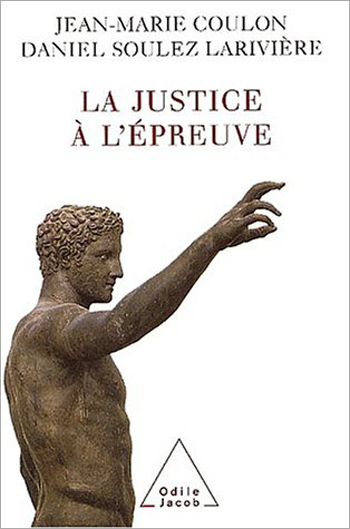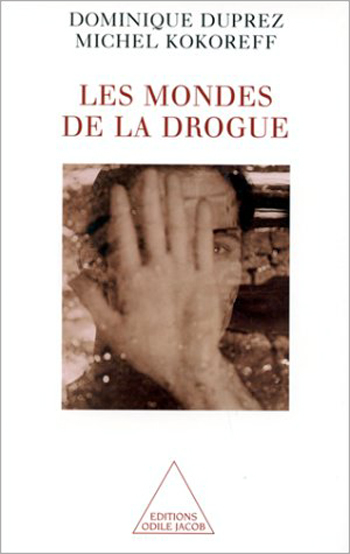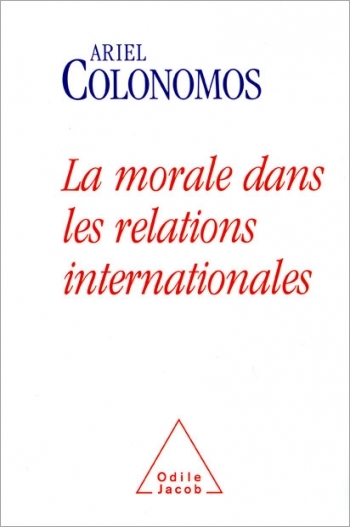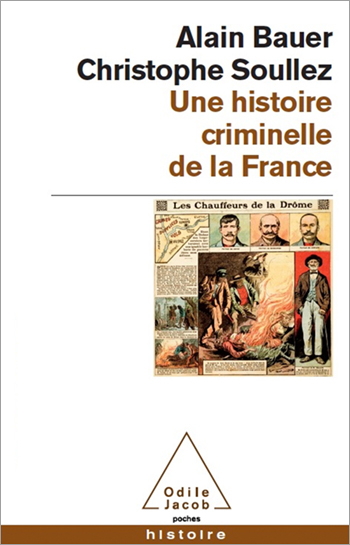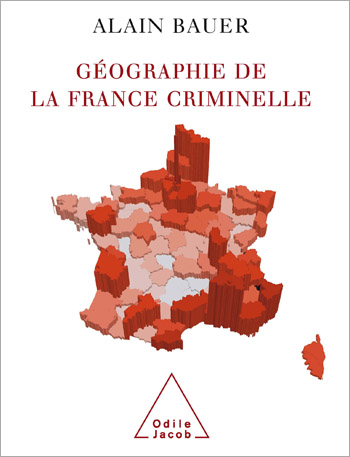Right, Justice All books
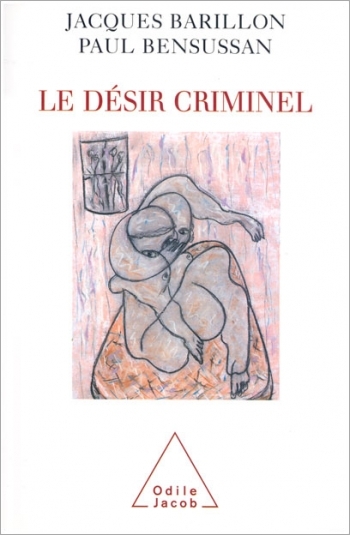
Jacques Barillon, Paul Bensussan
A Criminal Desire
Jacques Barillon and Paul Bensussan show, on a European scale, the ravages caused by an overly psychological approach to the law. They resolutely denounce the extremes and excesses of the new moral and sexual order that is now being proposed for the general good. It will mean tolerating that the judicial system, primarily concerned with the victims well-being, will renounce enforcing the Law, with the approval of psychiatrists and psychologists. This is an indispensable and disturbing book that should help to awaken our anaesthetised critical sense. Jacques Barillon is an internationally renowned lawyer specialising in criminal law. Paul Bensussan, a psychiatrist, sexologist and legal expert, specialises in sex crimes.
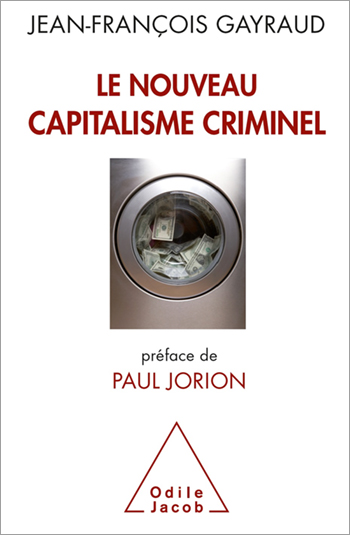
Jean-François Gayraud
A New Criminal Capitalism Financial crises, money laundering, high-frequency trading
How crime creeps into the heart of the global financial system — and perverts it
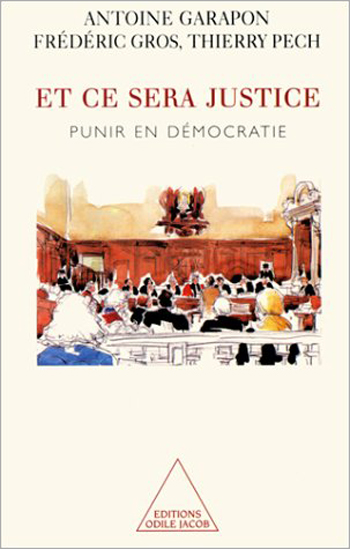
Antoine Garapon, Frédéric Gros, Thierry Pech
And this is Justice Punishment in a Democracy
What is the meaning of a sentence? This is the issue that the present book faces squarely and directly, from the philosophical, ethical and political angles. The authors goal is less to confront different viewpoints than to defend a shared belief: a just sentence is one that restores bonds. Antoine Garapon is a former juvenile judge. Frédéric Gros is a philosopher. Thierry Pech is a researcher.
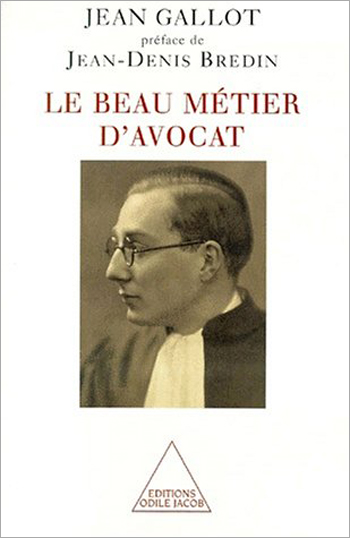
Jean Gallot
The Beautiful Job of Being a Lawyer
Jean Gallot was born at the beginning of the century and studied in Paris. He rapidly made a reputation for himself as one of the most brilliant lawyers of his generation. In this book, he reflects upon the copious experiences of a lifetime, the cases he so ardently defended and his meetings with famous people of the time. This is a precious record of an era, as well as of a profession that is currently undergoing major changes in France.
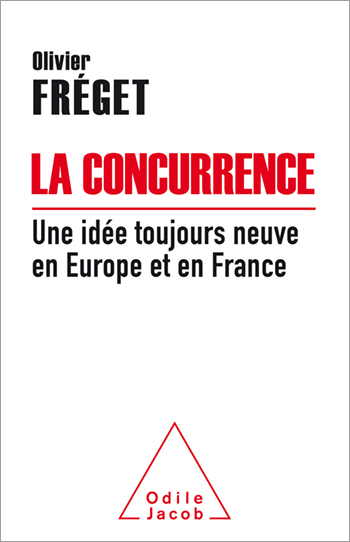
Olivier Fréget
The Competition: An Idea that Is (Still) a Novelty in Europe and in France…
European competition law, in support of pluralism
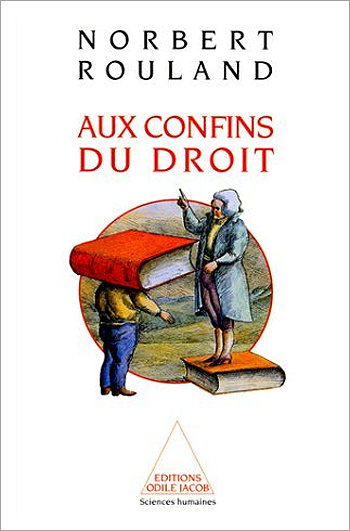
Norbert Rouland
The Confines of the Law
How did law come about? How do different societies answer to the same need for justice? N. Rouland invites us to explore the many aspects of law. Through various societies, a constant question emerges: can Africans, Asians and Westerners all adhere to the same norms? Norbert Rouland is a professor at the University of Aix-Marseille-III, where he teaches judicial anthropology and the history of law.
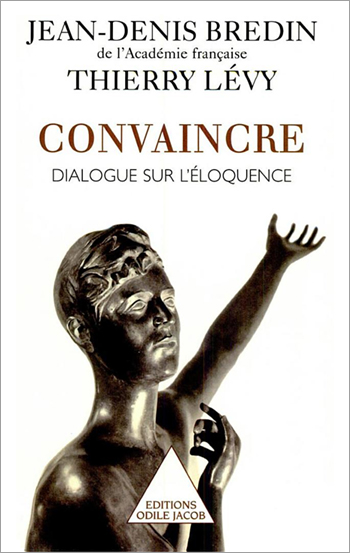
Jean-Denis Bredin, Thierry Lévy
Convince A Discussion of Eloquence
Two of France's most celebrated lawyers demonstrate the power of skillfuloration and how it can subordinate the actual facts. Anyone that is fascinated by speech, judicial history, and the art of debate, will truly enjoy gaining the knowledge, power and sense of conquest that this book imparts as they learn from the masters how to use eloquence advantageously. Entertaining, savage and brillant, this dialogue promises to help all with the art of elocution.
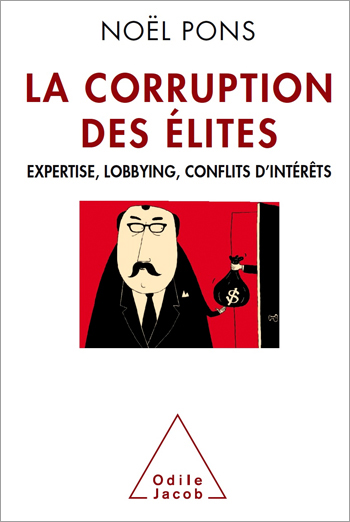
Noël Pons
Corruption of Elites
An expert in the current fight against political and financial fraud gives his viewpoint and shows that not all dysfunctions in the system can be blamed on individual or temporary excesses.
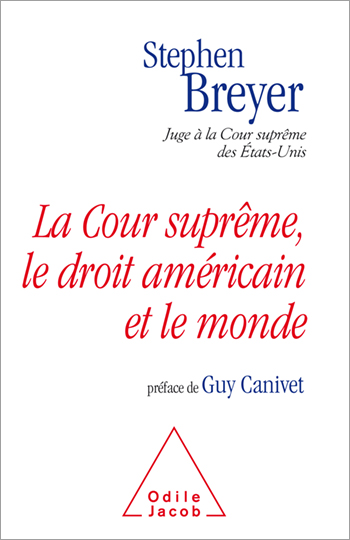
Stephen Breyer
The Court and the World American Law and the New Global Realities
n this original, far-reaching, and timely book, Justice Stephen Breyer examines the work of the Supreme Court of the United States in an increasingly interconnected world, a world in which all sorts of activity, both public and private—from the conduct of national security policy to the conduct of international trade—obliges the Court to understand and consider circumstances beyond America’s borders.

Philippe Trouchaud
Cybersecurity
All specialists agree that hacking incidents are only increasing. This book proposes ways to learn how to protect oneself while acknowledging that zero risk no longer exists.
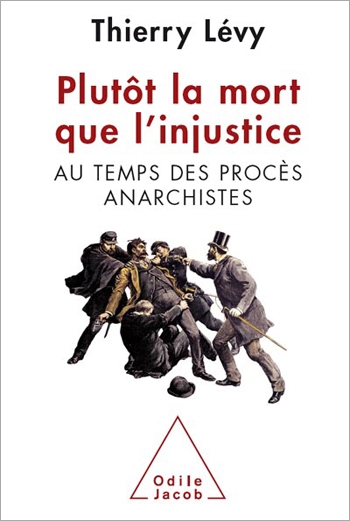
Thierry Lévy
Death Before Injustice The Era of Anarchist Trials
On 8 November 1892, a bomb went off in the staircase of a Paris police station. There was little doubt it had been the act of an anarchist...
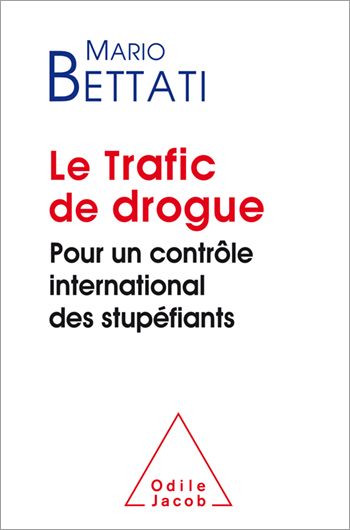
Mario Bettati
The Drug Trade Why Drug Trafficking Must be Internationally Controlled
An up-to-date review of international drug rings and of the legal and administrative measures to combat them
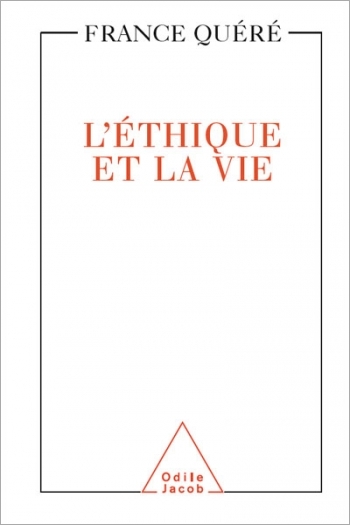
France Quéré
Ethics and Life
The recent advances in life sciences have modified our knowledge about the nature of man. Genetic engineering has given us a certain power over his future. Which principles must preside over artificial procreation and organ donation? How far can we allow genetic engineering and medical experimentations to go? What are the moral and ethical barriers of human science?
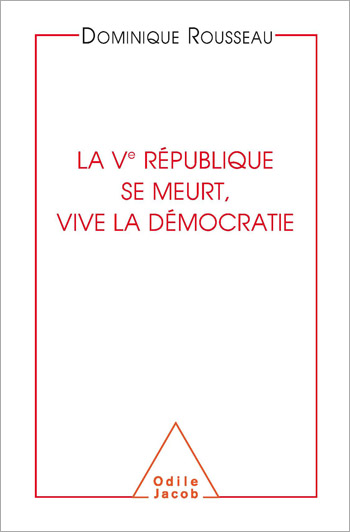
Dominique Rousseau
The Fifth French Republic Is Dying! Long Live Democracy!
The First French Republic was consular, the Second was presidential, the Third and Fourth were parliamentary, but the Fifth seems to have no distinguishing qualities.
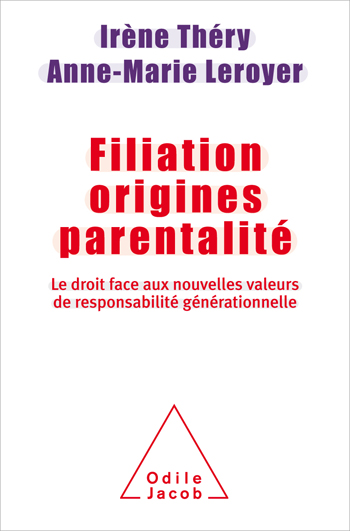
Irène Théry
Filiation, Origins, Parenthood How Lawmakers Are Dealing with Recent Notions of Inter-generational Responsibility
One of the most sensitive social issues of the day, analysed by an acclaimed specialist on family and social transformations
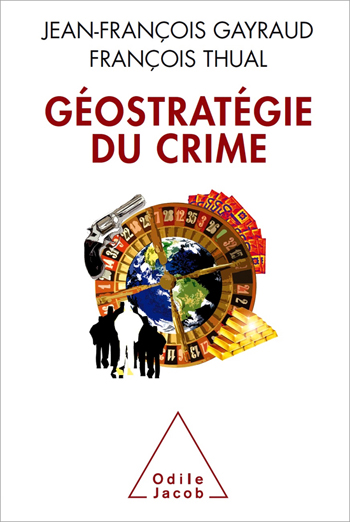
Jean-François Gayraud, François Thual
Geostrategy of Crime
Crime has not escaped from the effects of globalisation — with dire results. Two experts examine here the threats to our present and future security.
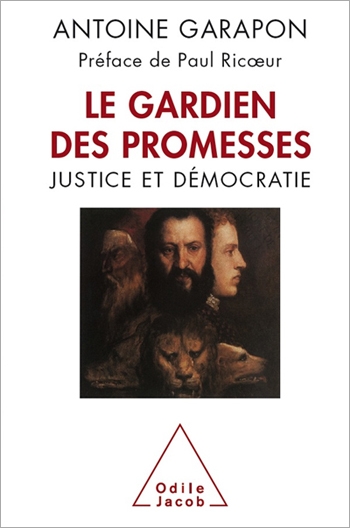
Antoine Garapon
The Guardian of Promises Justice and Democracy
The multiplying cases, the explosion of litigations, the sensational trials which catch the attention of the public : all are evidence of a growth in power of the judicial system, which we expect to be, at the same time, the arbiter of morals, the guarantee of public morality and responsible for the salvation of the people. But why dont we ask what things it cannot provide ? Isnt the idea of a judicial democracy just an illusion, which serves to hide serious problems ? The power of the judicial system is more worrying than exciting. It is an indicator of the discreditation of the State at the same time as a reduction in social cohesion. In the face of the fragility of democratic society, this book is a thorough reflection on the exercise of public power, affirming that the real role of the judge is not to take the place of the politic, but to diffuse the risk of democratic implosion by remaining the guardian of the promises at the very heart of republican laws. Antoine Garapon, a former judge and member of the editorial team of the journal Esprit, is the head of the Institute of Advanced Judicial Studies.
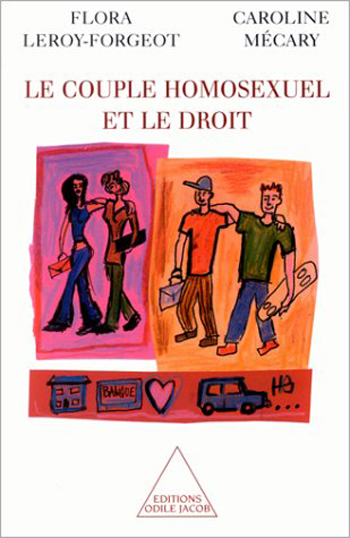
Flora Leroy-Forgeot, Caroline Mécary
The Homosexual Couple and the Law
"Should homosexual unions be recognised? Can foreign models of homosexual unions serve as a point of reference? What was the process of recognition? What could be the consequences? These are but some of the questions raised in this book, which provides all the necessary historical references concerning the social recognition of same-sex couples through the ages. Above all, it provides information on the various legal forms that such social recognition has taken in France as well as in other countries in Europe and North America. Flora Leroy-Forgeot and Caroline Mécary Flora Leroy-Forgeot is a researcher at the Institut Michel-Villey of Legal Studies and Philosophy of Law, at the University of Paris II. Caroline Mécary is a lawyer on the Paris bar and teaches at the University of Paris XII.

